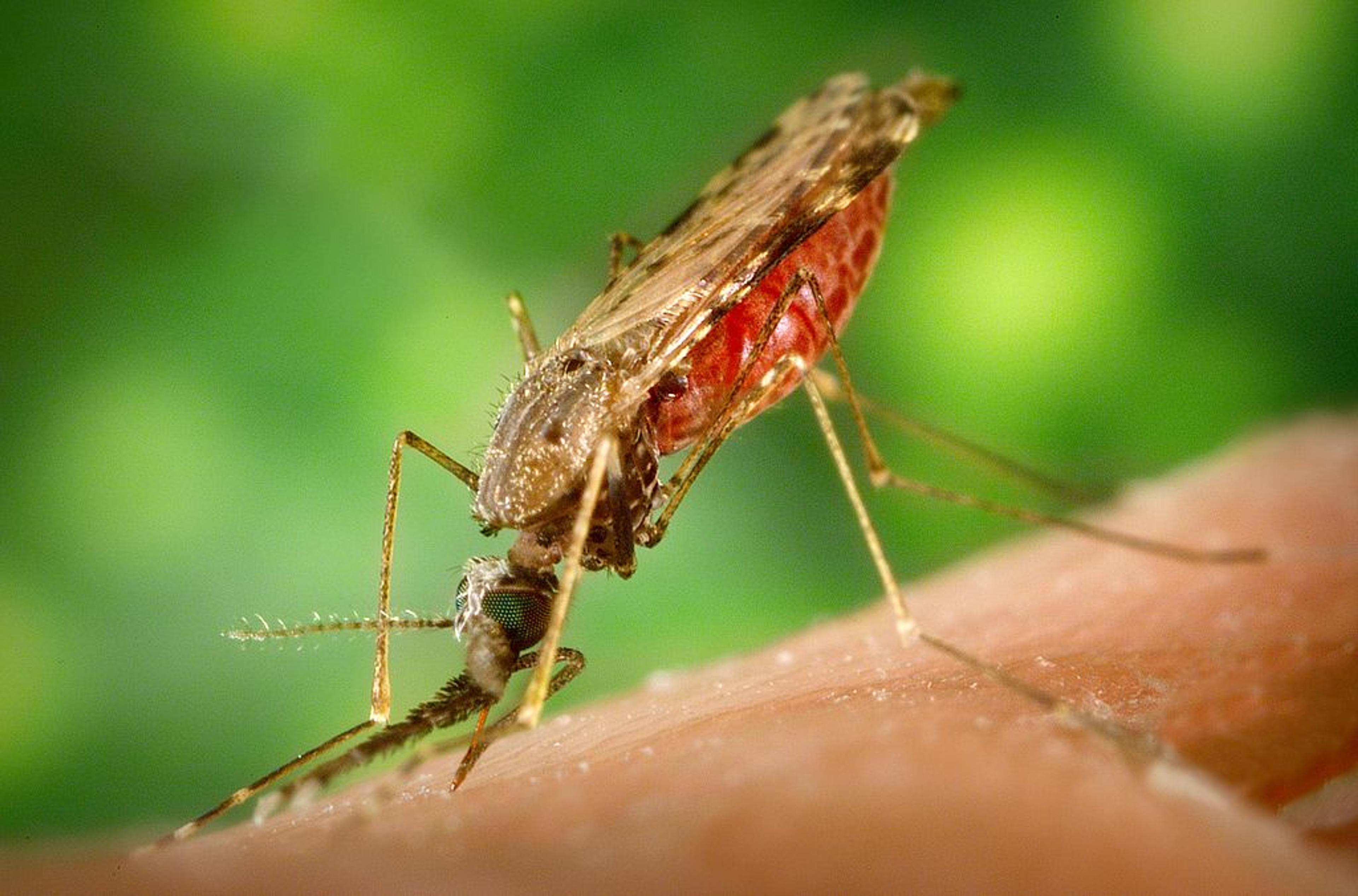Researchers have warned that future climate warming could lead to an increase in malaria cases, according to a study published in the journal Science.

Last week, scientists from the University of Michigan and London School of Hygiene & Tropical Medicine, published strong evidence linking increases in temperature with the movement of malaria to higher altitude areas which have normally been safe from the disease. According to the paper 'The impact of global warming on insect-borne diseases and on highland malaria in particular remains controversial. We provide evidence for an increase in the altitude of malaria distribution in warmer years, which implies that climate change will, without mitigation, result in an increase of the malaria burden in the densely populated highlands.' The study found that when temperatures increase, mosquitos infected with the Plasmodium parasite are able to move to colder areas, whereas before the lower temperatures would slow down both the mosquito and the development of the parasite within it.
As mosquitos are able to move outside the 'malaria belt' due to global warming, densely populated regions of South America and Africa would be left vulnerable to a malaria epidemic. Using records spanning over 15 years from the highland regions of Ethiopia and Colombia, the scientists predicated a three million increase in annual cases if temperatures were to rise by 1.8 degrees Fahrenheit. 'This is indisputable evidence of a climate effect,' said Mercedes Pascual, a disease ecologist at Michigan and one of authors of the Science paper. 'Our findings here underscore the size of the problem and emphasize the need for sustained intervention efforts in these regions, especially in Africa.'